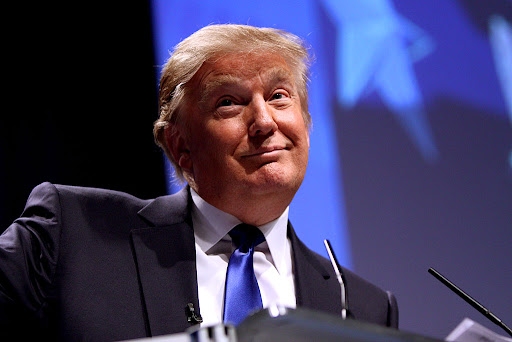
 Principal Secretary in the State Department for Trade, Regina Ombam/HANDOUT
Principal Secretary in the State Department for Trade, Regina Ombam/HANDOUTMore than 50,000 workers in Kenya’s textile and apparel industry face potential job losses after US imposed a 10 per cent reciprocal tariff on imports from East African Community.
Principal Secretary in the State Department for Trade, Regina Ombam, issued the warning while briefing the National Assembly Committee on Regional Integration.
The committee convened to deliberate on the implications of the new U.S. tariffs announced in April under an executive order by President Donald Trump.
"Kenya’s major exports to the U.S., including apparel, coffee, tea, and flowers, will become less competitive,” said Ombam. “This is a serious threat to key sectors that anchor our export economy.”
The 10 per cent tariff, part of a sweeping "reciprocal" trade policy aimed at countries that impose duties on American products, was announced on April 2, 2025.
Though the implementation was temporarily suspended for 90 days beginning April 10, the looming July 9 deadline has already triggered concern among exporters and market analysts.
Ombam warned that the textile and apparel sector, which has been a major beneficiary of duty-free access under the African Growth and Opportunity Act (AGOA), could face devastating consequences if the tariffs are enforced.
"More than 50,000 jobs in this sector alone are on the line," she noted.
She added that other critical export sectors—such as fish, coffee, and essential oils—are also vulnerable.
“In the 2022/2023 financial year, EAC exports to the U.S. reached US$1.3 billion. These newly introduced tariffs place that trade volume at significant risk.”
Lawmakers on the committee expressed concern over the broader economic implications of the tariffs.
The government is expected to initiate regional consultations with EAC counterparts and possibly lobby the African Union and trade blocs to push for reconsideration or exemptions under existing trade agreements.
“The newly introduced tariffs have significant implications for the East African Community (EAC) partner states. These tariffs, part of a broader "reciprocal" trade policy, impose duties on countries that tax U.S. goods, affecting both exports to the U.S. and imports from it,” Ombam added.













![[PHOTOS] Three dead, 15 injured in Mombasa Rd crash](/_next/image?url=https%3A%2F%2Fcdn.radioafrica.digital%2Fimage%2F2025%2F11%2Fa5ff4cf9-c4a2-4fd2-b64c-6cabbbf63010.jpeg&w=3840&q=100)



